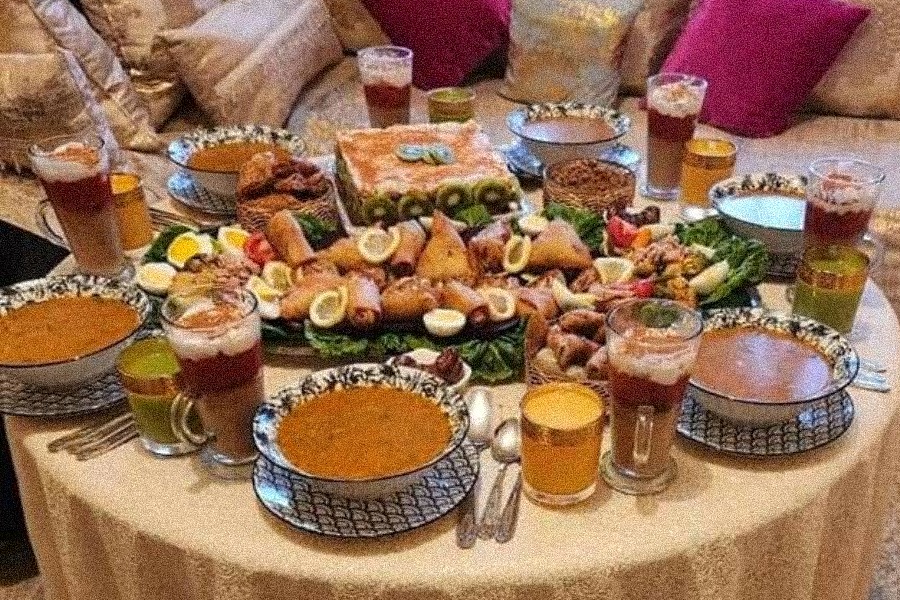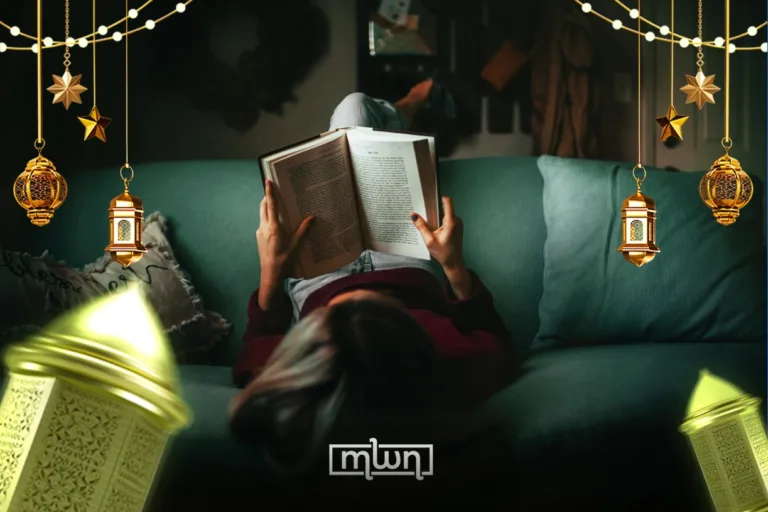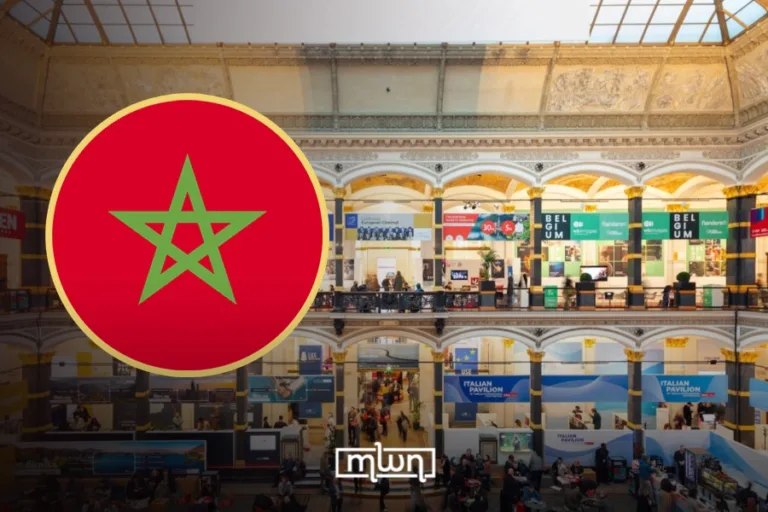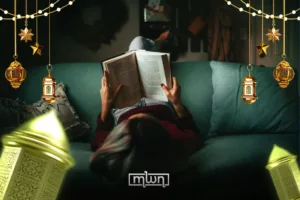In the heart of every Moroccan home, there’s a woman carrying more than anyone notices.
Fez – The sun sets over Morocco during Ramadan, the smell of harira wraps around the house like a warm hug. In every corner, there’s movement.
A pot bubbling. A child asking for something. A phone ringing with a relative checking in. And in the middle of it all, a woman stands, balancing everything like she always does.
Moroccan women during Ramadan carry more than anyone sees. They are the heart of the house, the planners, the cooks, the listeners, the ones who make sure Ramadan feels like Ramadan.
But that’s only half the story. These women are also employees, students, and business owners. They answer emails while kneading dough. They study for exams after Taraweeh prayers. They hold meetings with the scent of mint tea clinging to their clothes.
The world outside doesn’t slow down for Ramadan, even when the body begs for rest. In Morocco, many women wake up before the first light, their hands preparing suhoor while their minds run through the day ahead.
Some leave the house before their families even open their eyes, heading to offices, schools, or markets.
They work with empty stomachs and tired bodies, but no one at work sees the second shift waiting for them at home.
Because when work ends, another world begins. Groceries need to be bought. Dough needs to rise. Tables need to shine.
They don’t complain. They turn every task into love, because for Moroccan women, Ramadan is not just about fasting. It’s about giving time, energy, patience and presence.
But inside that giving, there’s a quiet fight. Between stirring pots and folding laundry, these women steal moments for themselves.
A whispered prayer before the adhan. A page of the Quran while the bread bakes. A deep breath on the balcony after everyone’s asleep.
Worship doesn’t always happen in perfect silence with a prayer mat and a peaceful mind. Sometimes, worship is in the middle of the chaos in the intention, in the love they pour into the food, in the quiet patience they hold when their bodies are tired and their spirits are running on empty.
And when the iftar table is full and the family gathers, no one sees the invisible work behind the feast. But Moroccan women don’t need applause.
They have something stronger, the quiet knowing that every small act, every tired step, every hidden prayer is seen by the One they do it all for.
Because in Ramadan, Moroccan women don’t just serve food. They serve love, faith, and family all at once – all the time.
















